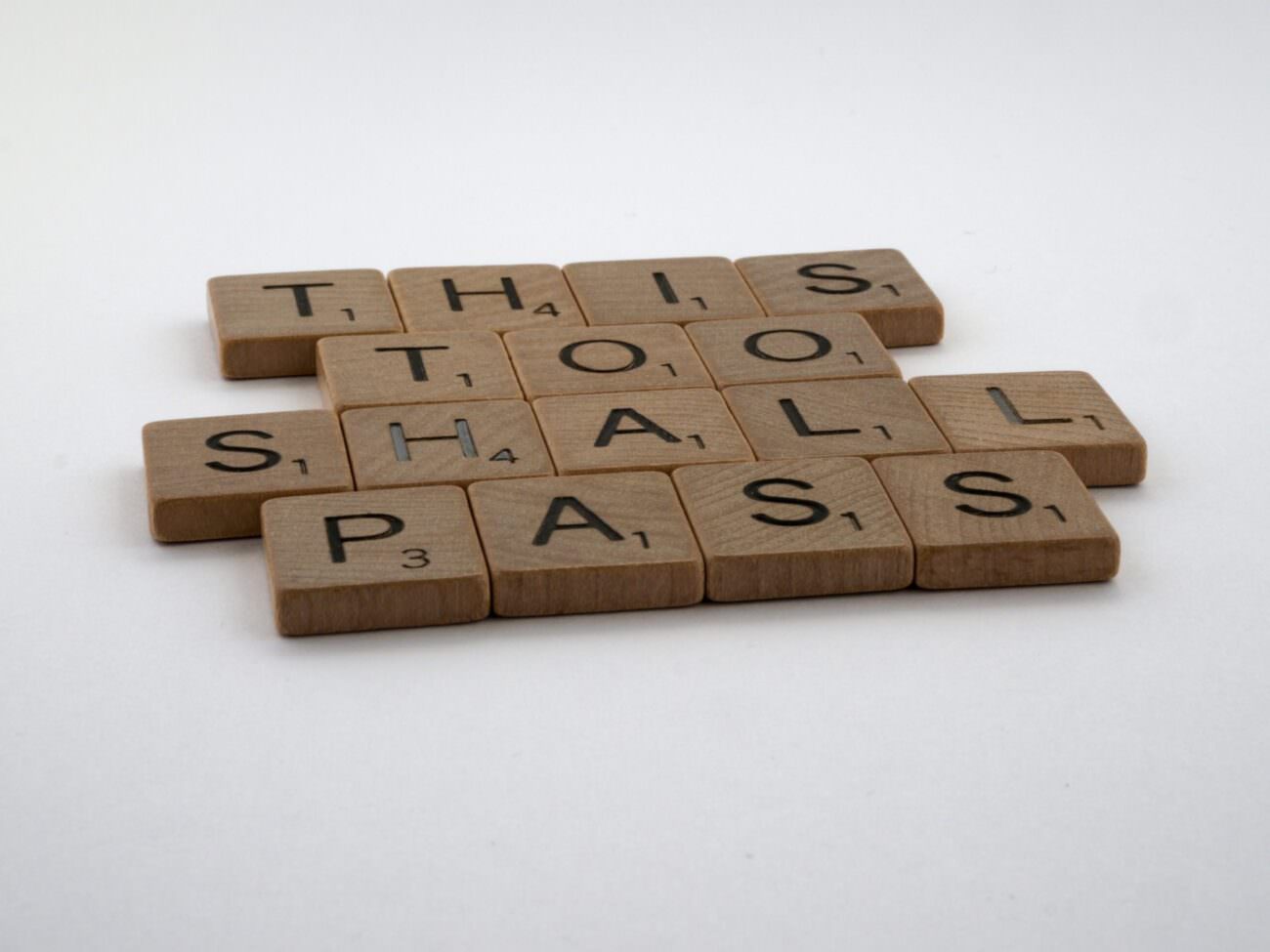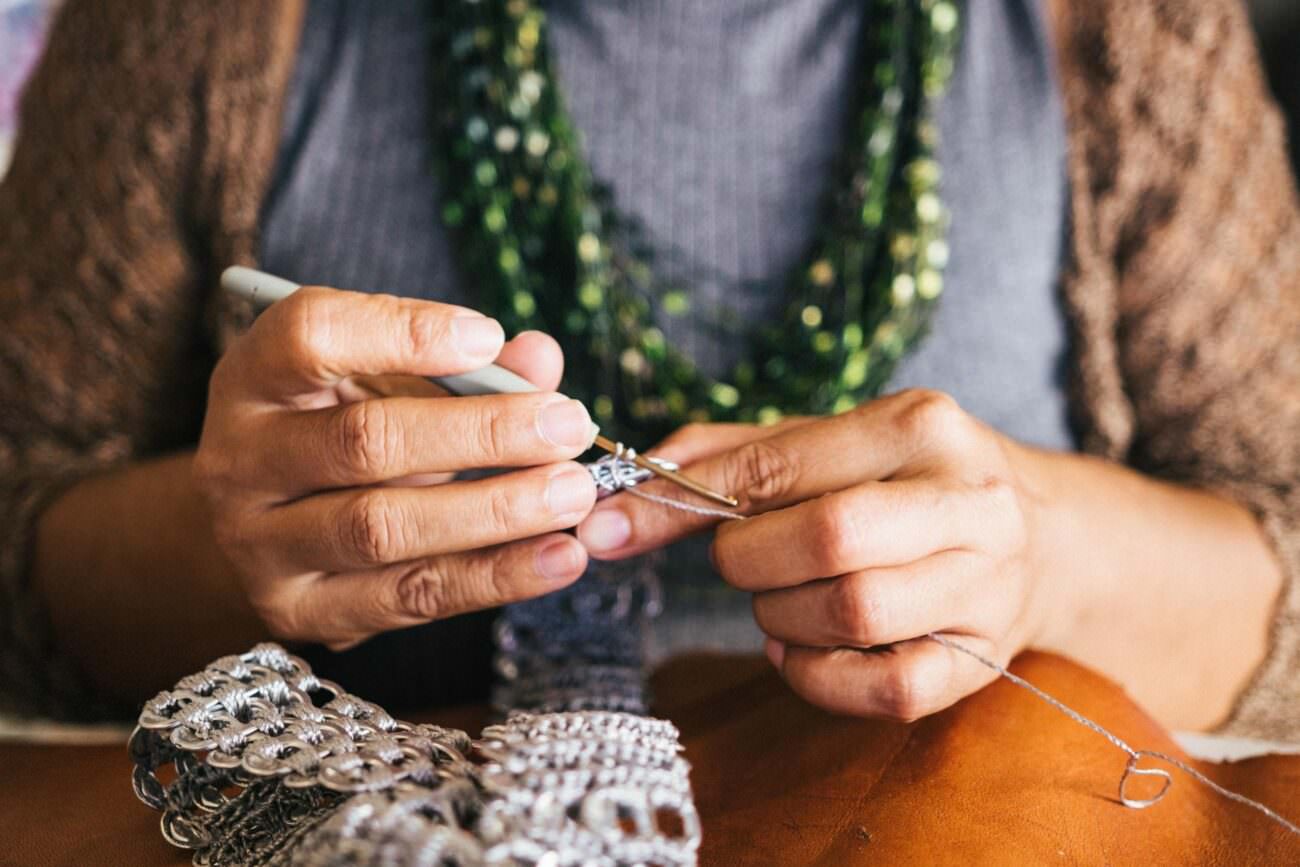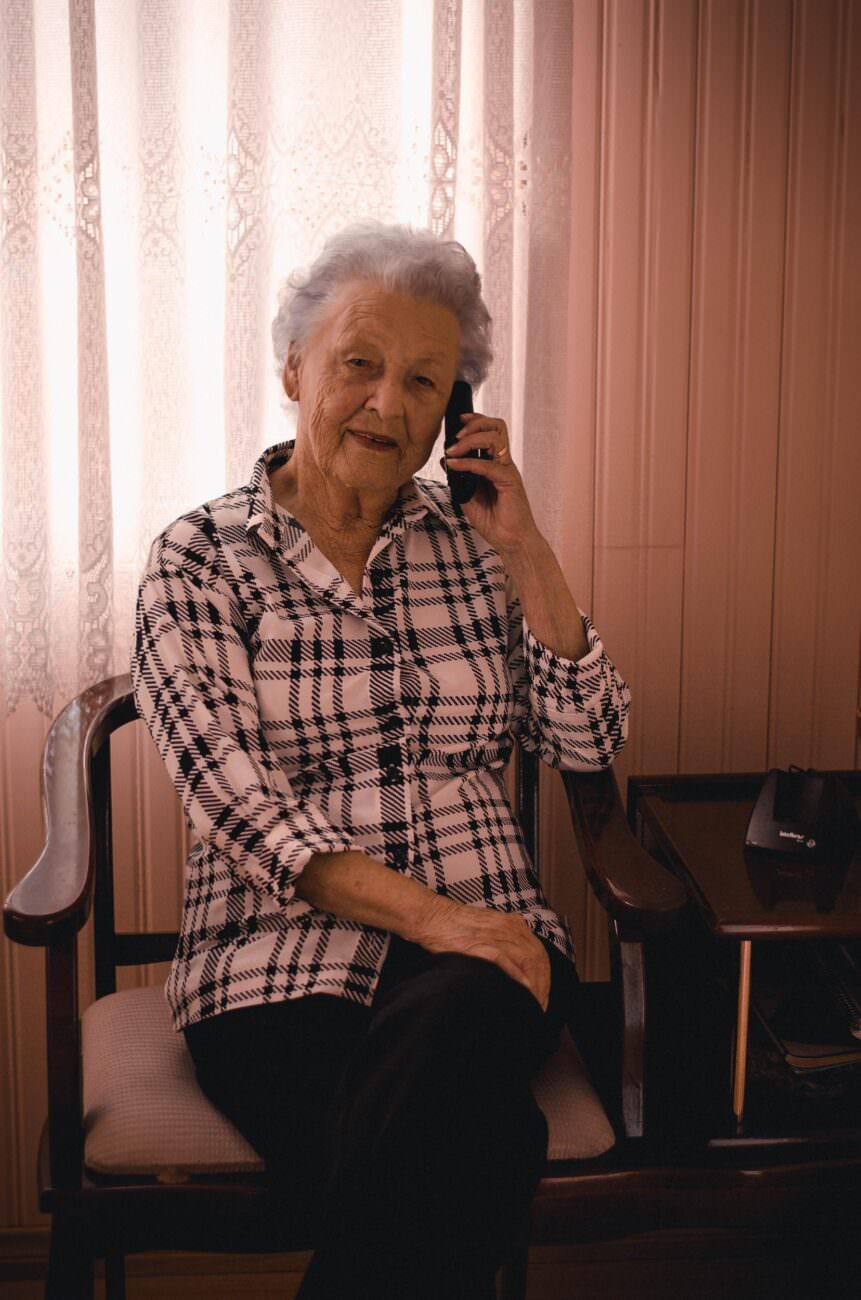Decades of Experience Breeds Resilience- Seniors are not as vulnerable as we presume

Photo by Brett Jordan from Pexels
Sure, the older a person is, the more vulnerable they are to the devastating physical effects from Covid-19. But perhaps we are too quick to assume that the elderly are ill-equipped to deal with the mental and emotional aspects of this pandemic.
The excerpts below are taken from a recent research study by the Gerontological Society of America:
“When you have lived a long time you have more to draw on. You realize not all the ups, or downs, last forever. I’m not sure what will come of this time we are in, but I’ve seen really difficult times end up producing some positive changes in society.” (75-year-old community-dwelling man, personal communication, May 20, 2020).
“I’ve seen just about everything that can happen on this planet. If you haven’t lived as long as I have, you might think this was the worst thing that ever happened. But people who know history know the difference.” (85-year-old woman, Leland, 2020).
Septuagenarians (age 70-79), octogenarians (80-89) and nonagenarians (90-99) have decades of experience that lends itself to something called “crisis competence”. Most have a wealth of skills under their belt to effectively cope with a crisis such as Covid-19. They know that it is okay to reach into their tool box when times get tough because they’ve gone through tougher times before. They’ve learned how to adapt and live life on life’s terms. For example:
- They cultivate an interest in a new hobby or renew an interest in an old one. A hobby passes the time and gives a sense of accomplishment.

Photo by Diego Pontes from Pexels
- They nurture relationships through the phone lines the old fashion way – by carrying on a vocal conversation. Text message or email, but hearing one another is an emotional nutrient that’s sorely needed right now.

Photo by Luizmedeirosph from Pexels
- They accept help when offered, and aren’t afraid to ask for help.
- They focus on what is in their control. For example, they’ll augment their exercise routine to suit their own homes or apartments, rather than focus on not being able to go to the YMCA
- Most are open to humor which boosts most anyone’s mood.
- They keep moving. They know that if they live a long life they want to be as independent as possible. That requires the ability to walk and exercise. They’ll improvise if confined so that they can maintain their physical health.
If you’re shaking your head and saying “Wow, I guess I’m not as adaptable as I want to be”, there’s good news. Resilience and adaptability can be learned. Find a way to start your day on a positive note taking into account all of the things you should be grateful for. You may need to restart your day several times a day. Then one day you’ll find yourself perfectly content. All it takes is practice and a desire to be resilient.
For more information about the research study from The Journals of Gerontology click on the link below: Academic.our.com article
For information about living at Ashton Place, call (315) 462-3140; or click on www.ashtonplaceny.com to visit our website.
For more from Virginia Tortorici, click here.